Managing, underwriting, and processing insurance claims is a significant component that requires recognition in Cardiology as well as Oncology healthcare providers. Due to the intricacies involved in billing and getting reimbursement in these industries, outsourcing through cardiology billing services and oncology billing services are crucial. In this article, the author discusses the rationale for using key approaches to managing one of the largest billing classes: insurance claims to cardiology and oncology operations.
Insurance Claims: Health insurance policies and guidelines
Health insurance policies and guidelines are an essential prerequisite to appropriate insurance claims handling to cardiologists and oncologists. Outsourced cardiology and oncology billing providers are thoroughly aware of the payer policies, coding structure, and reimbursement rules pertinent to these medical disciplines. When insurance regulations are up-to-date, billing specialists can easily go through the changes happening within the insurance industry, so as to submit correct claims and avoid the incidence of claim denial.
Insurance Claims: Accurate Documentation and Coding
Both cardiology and oncology providers provide clinical billing for insurance claims; therefore, accurate documentation and coding are crucial. Documentation of patient encounters, procedures, and treatment must be done in the right manner to justify the medical necessity of the patient and for reimbursements. Cardiology and oncology field encounters involve specific billing services that use qualified coders who understand various coding languages that including CPT, ICD-10, and HCPCS Level II. It also increases service authorization rates by guaranteeing proper coding of all the services to avoid denials and audits.
Timeless Claims Submission and Follow-up
Early submission and chasing of claims are part and parcel to ensure that the reimbursement process in in cardiology snf onvolohy billing services takes the shortest time it deserves. Allopathic medical billing companies especially for these specialties make sure to submit claims on time to avoid long payment spans. They have also developed sound healthcare follow-up measures that enable them to monitor the progress of submitted claims, look for any anomaly or discrepancy, and address the same. Early and informed follow-ups made on denied claims serve to reduce rejections in a healthcare facility and enhance its revenue cycle.
Electronic Health Records (EHR) and Billing Software
Some of the ways that might be effective in managing insurance claims in cardiology and oncology billing namely; The utilization of; electronic health record (EHR) Billing software. EHR/billing systems mean that doctors’ notes can be just as efficiently converted into billable codes and submitted, as typing them into an EMR. Providers that have a team of skilled medical billing practitioners in handling both EHR and billing software may help healthcare providers in managing the whole system for efficient claims processing. Electronic documentation cuts paper handling and increases billings’ credibility and abreast practice operations.
Insurance Claims: Compliance with Regulatory Requirements
The two most essential compliance areas in cardiology and oncology billing are always maintaining regulatory compliance to avoid penalties and legal matters. Medical billing companies that focus on these specialties work carefully to follow the HIPAA rules, Stark S & Anti-Kickback Act, among other healthcare compliance rules. To avoid issues concerning compliance, the billing specialists ensure that the healthcare providers adhere to strict compliance measures and conduct the necessary compliance audits to reduce compliance risks that may ensue when handling insurance claims.
Insurance Claims: Patient Education and Advocacy
Insurance appeals in cardiology and oncology involve patient engagement and advocacy as vital considerations for effective billing. This means that a large number of patients are involved in the management of their insurance and the expected costs they will be supposed to meet. Although this chart does not list specific billing companies, many medical billing companies that offer cardiology and oncology billing services are aware of the patients’ insurance options and can offer clear and full explanation of insurance coverages, as well as help the patients with the appeals or grievances if needed. Education and counseling enable patients to gain confidence in billing procedures while dealing with healthcare providers to cultivate improved patient-physician relationships.
Staff training and education is a continual process
Both the staff and the personnel need to be trained on a regular basis to ensure that they are aware of comprehensive knowledge in cardiology as well as oncology billing. These medical billing companies focus on offering training to their employees so that they can be updated on code changes, legal development in various specialties, and other changes happening as they continue in the business. When healthcare providers are expensive in staff education, the billing team will become professional and decrease mistakes as well as increase the efficiency of claims, contributing to efficient insurance claim processes.
Comprehensive Denial Management
Denials can be a significant pain point in billing and revenue cycle management in the cardiology and oncology specialty areas. So a proper denial management system is important to address the issue of denials efficiently. The medical billing companies that offer specialty services work with specialized denial management staff who evaluate the denied claims, look for possible causes, and provide solutions to prevent similar cases in the future. Simultaneously, by handling denials timely and appropriately, cardiology oncology and other practices involved in healthcare delivery will be able to reduce reimbursement losses in revenue and hence obtain sustainable revenues in their business practice.
Proactive Revenue Cycle Analysis
Hence there’s the need for an ongoing prospective approach to revenue cycle analysis as the component areas can be evaluated for enhancement of revenue cycles as seen in cardiology and oncology billing. Profit and loss accountability involves presenting detailed data analysis using business intelligence tools to capture and review the medical billing industry performance metrics including claim acceptance rate, denial rate, and days in accounts receivables. When evaluating key areas within the revenue cycle, healthcare providers can leverage solutions and tactics that address individual process issues to improve efficiency, minimize loss, and boost financial outcomes.
Conclusion
Thus, to avoid any issues related to cardiology and oncology billing including insurance claims one needs to have a blockbuster approach that includes interpretation of the insurance policies, coding and documentation, claims submission and follow-up, usage of EHR and billing software, compliance with Laws and regulation, and insurance patient education. Healthcare providers can gain an incredible amount of value in terms of productivity and revenue through collaborations with savvy billing services, particularly those catering to cardiology and oncology niches, enabling the timely and accurate processing and collection of insurance claims and by extension the prevention of denials, loss of revenue or rate reductions.







